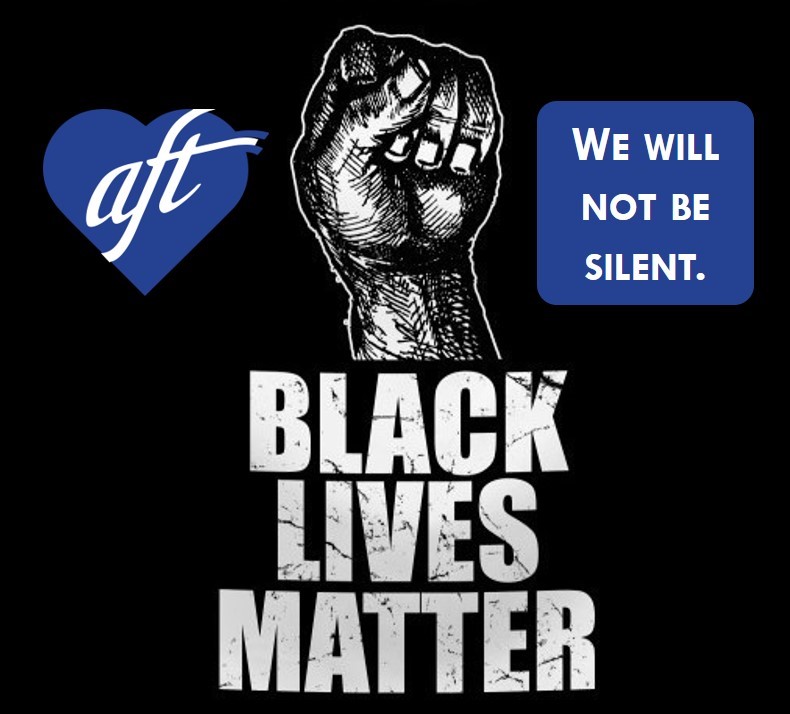Opinion: I am not interested in black squares or debates on whether my life matters. I want tangible change.
By ARSEMA AKLOG
APRIL 23, 2021 4:33 PM PT
Aklog, a junior at San Diego High School, is the president of her school’s Black Student Union and serves as a district representative on the committee to select the next superintendent of the San Diego Unified School District. She lives Downtown.
I didn’t watch Derek Chauvin’s trial. For me, it would have meant painstakingly reliving George Floyd’s death, and in slow motion at that. But that isn’t to say the coverage didn’t find me. It was everywhere I turned — be it Instagram, Twitter or the news. Oddly enough, I used to follow every detail of this case, only stopping short at watching the graphic footage of the murder. This was extremely mentally taxing — but I felt taking a break would be letting my people down.
As I watched people take to the streets around the world, what began as a bitter, internal anger evolved into an ever-present feeling of guilt, a sensation I know is shared by many Black youth. It’s the sense of a not-so-tiny voice saying, “Why am I not doing more? Going to more protests? Signing more petitions?”
There is a twisted irony in placing the burden of dismantling oppressive systems in the hands of its most vulnerable victims — especially considering that we aren’t fighting a broken system, we’re fighting one working exactly as designed. However, when non-Black people’s activism becomes more about self-reassurance, about relieving their own guilt, than it does about combating racism, that’s exactly what ends up happening.
Though many cite George Floyd’s death as a “racial awakening,” one that was supposed to usher in a new frontier of anti-racism, I find such overgeneralizations to be deeply unfounded.
Support for the Black Lives Matter movement surged over the summer, but the actions that followed often did more harm than good. It feels as though people are more obsessed with “out woke-ing” one another than actually putting the work in, confronting their privilege, unlearning biases and improving the material conditions of the Black community.
This new wave of “activism” often focuses on gaining moral high ground rather than genuine empathy— so much so that it places the brunt of the pressure on the victims themselves. Allies made quick work of putting BLM and ACAB (All Cops Are Bastards) in their social media bios, as if to signal that they were “one of the good ones,” while others focused their time and energy into taking photoshoots at protests and purchasing merchandise that exploited Black death.
All of this goes to show that we face the urgent need to recenter our activism.
Combating the ways in which anti-Blackness permeates every single part of our society isn’t just about having a zinger talking point to stump your family when you go home for the holidays. Rather, it means using that knowledge to liberate Black people in every sense of the word.
This looks like listening to Black people when we say that posting graphic content of us getting killed under the guise of “spreading awareness” does nothing but further desensitize people to Black pain. This looks like listening to Black organizers who have been doing this work for decades. This looks like taking a long, hard look at your own activism. Do you feel “done” after sharing that infographic? If so, why? How can you do better?
Such self-reflection is especially crucial in the wake of this week’s guilty verdict. What we saw this past Tuesday wasn’t justice but a mere semblance of accountability. A man is dead at the hands of those supposedly tasked with “protecting and serving” — and that’s something no amount of criminal charges, street name changes or settlement money will change.
I am not interested in any more black squares or Discord debates on whether or not my life matters. I want concrete, tangible change.
While I acknowledge the recently released city of San Diego’s Black Empowerment Policy Plan, I want to see my city reimagine public safety by divesting away from police and investing in community services and non-law enforcement interventions. I want to see Mayor Todd Gloria and the county Board of Supervisors do more to tackle the root causes of inequity in the first place through policies that address the education gap, the homelessness crisis and health-care inequity, all of which disproportionately impact the Black community.
Going forward, we need to realize that there aren’t enough books, podcasts, documentaries or pastel infographics in the world to replace the lived experiences of Black San Diegans. Any action we take going forward shouldn’t just incorporate the Black community’s input. It should be centered around it.
It is only then that we can truly say we are putting our money where our mouth is. It is only then that we can create any type of meaningful change.

